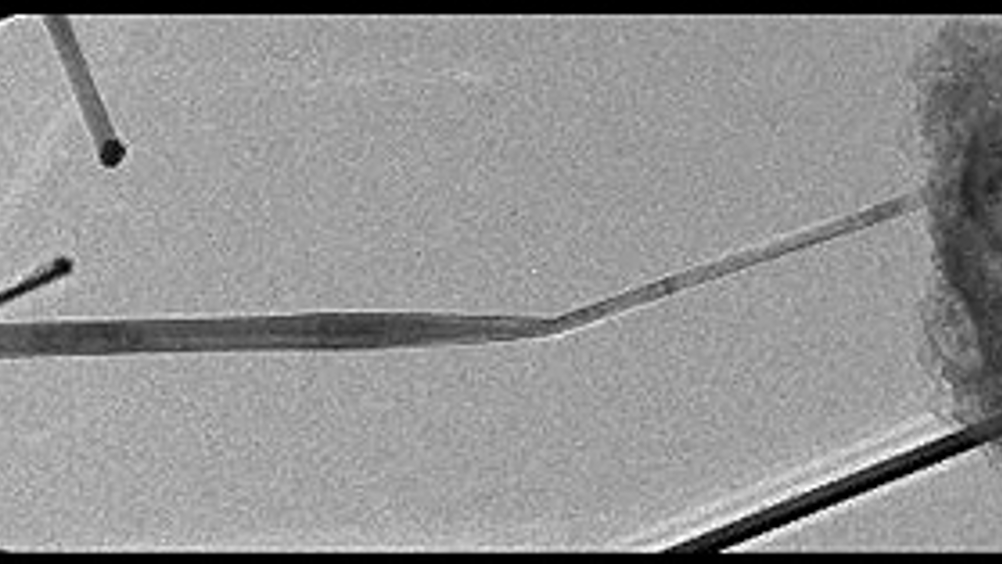Nanowires help lithium ion batteries from cracking up
New research led by an electrical engineer at the University of California, San Diego aims to improve lithium-ion batteries through possible new electrode architectures with precise nanoscale designs.

The researchers created nanowires that block diffusion of lithium (Li) across their silicon surface and promote layer-by-layer axial lithiation of the nanowire’s germanium core.
Shadi Dayeh, a professor in the Department of Electrical and Computer Engineering at the UC San Diego Jacobs School of Engineering, explained in a statement that this work could lead to ‘an effective way to tailor volume expansion of lithium ion battery electrodes which could potentially minimise their cracking, improve their durability, and perhaps influence how one could think about different electrode architectures.’
The research was recently published in the journal Nano Letters in the paper Tailoring Lithiation Behavior by Interface and Bandgap Engineering at the Nanoscale.
By coating germanium nanowires with silicon, the researchers stopped nearly all surface diffusion of lithium ions into the nanowires. Instead, lithium diffusion (lithiation), occurred layer by layer along the axis of the nanowire. This is in contrast to lithiation from the surface of nanowires not covered with silicon.
Register now to continue reading
Thanks for visiting The Engineer. You’ve now reached your monthly limit of news stories. Register for free to unlock unlimited access to all of our news coverage, as well as premium content including opinion, in-depth features and special reports.
Benefits of registering
-
In-depth insights and coverage of key emerging trends
-
Unrestricted access to special reports throughout the year
-
Daily technology news delivered straight to your inbox










UK Enters ‘Golden Age of Nuclear’
The delay (nearly 8 years) in getting approval for the Rolls-Royce SMR is most worrying. Signifies a torpid and expensive system that is quite onerous...